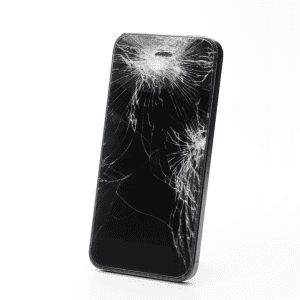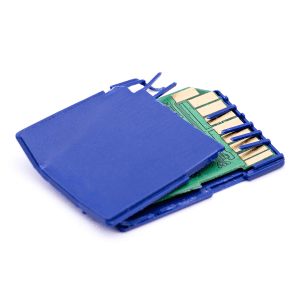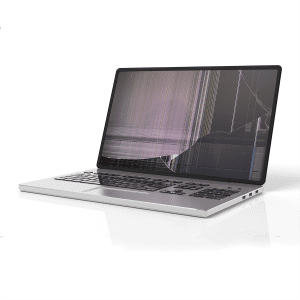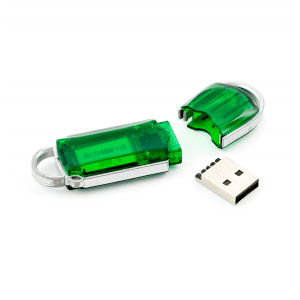We know how to grab it…
Neil: ”How do you get this information?”
Kelso: ”It just comes to ya. This stuff just flies through the air. They send this information out, I mean it’s just beamed out all over the damn place. You just gotta know how to grab it. See, I know how to grab it.”
Our attorneys are frequently called upon to review motions or consult about the scope of discovery in a case. A lot of the time the advice we give isn’t big science. Unlike paper, electronic information is everywhere. In fact, multiple copies of the same information tend to live in multiple places at the same time. Our job is to help you grab it.
Much of the time our clients come away with simple wins just by thinking through, say, how folks use technology in their lives, or how an employee conducts her business in a company. For example, lawyers ask for email, but more often than not it turns out what they really want is all electronic correspondence. Because it turns out a key employee also did a lot of text messaging at work, and online chatting. And she also sent messages to clients and coworkers through Facebook. And she frequently used her internet browser to send webmail through Yahoo!
Deleted email? Not ideal, but you still have aces in your deck. Can the deleted data or data fragments be directly recovered from the hard drive? If not, what about those backup tapes the company used to copy its mail server each weekend? What about reviewing the employee’s Sent folder? Did she delete incoming emails but forget to delete her replies to those emails? Most people do.
What about other computers? There are at least two parties to every communication. Did you think about checking the recipient’s computer? What about the employee’s personal email accounts, thumb drives and a laptop? After all, you have evidence she may have used these to receive the 900 stolen documents she emailed herself in the days before she was fired.
Did the employee have an iPhone or a Blackberry? (Nods.) Excellent! Phones are great sources, not only because they hoard data and sync with just about everything, but also the privacy expectations of their users tend to be high. Our suspect probably gets right to the point in communication, manages her data more carelessly, etc. There’s also a good chance she configured her phone to sync with her email account at the company. Maybe she also connected the phone to her office computer each day to charge it and keep her calendar and music organized. If so, that may be a big win, since there are now probably a bunch of iPhone backup files sitting quietly on her computer, and data that is long gone from her iPhone may still exist in one of those backups.
Etc. Etc.
Again – none of this is big science. It’s just an appreciation that computers and cell phones have become like third kidneys in our 21st Century society. Data is everywhere:
Office / Home
- Desktops, Laptops
- Mail & document servers
- Palms, Blackberrys, iPhones (text messages, voicemail, calendars, GPS data, app-related data)
- Portable storage devices (thumb drives, external USB drives)
- Backup tapes, floppy disks, and optical media (CDs, DVDs)
- Network copiers / printers / scanners
- Online data storage
- Voicemail
[Edited to add shameless plug.] P.S. If any of the above clicks like a mofo, fails to power on, gets fished out of the employee’s toilet, or ends up doused with alcohol and set on fire – remember the guys in Austin have an app for that, too! It may not be elegant. It may be that they end up building Frankenstein to get it breathing again. But they’ll get what you need.
2011.








